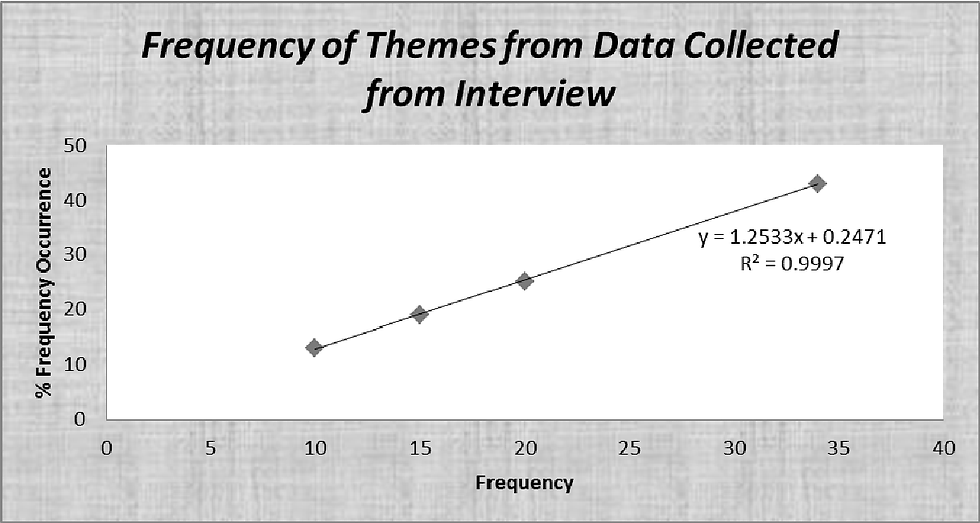Why I Co‑Authored “Genomic Analysis Does Not Support Malignant Transformation of Osteoblastoma to Osteosarcoma”
- janettingling8
- Jun 24, 2025
- 3 min read
As Dr. Janet Tingling, my passion lies at the intersection of data-driven decision-making and human-centered impact. While my core expertise is in healthcare leadership and succession planning, I’ve also had the privilege of contributing to oncology research. Today, I’m excited to share why I co-authored a groundbreaking paper published in JCO Precision Oncology: “Genomic Analysis Does Not Support Malignant Transformation of Osteoblastoma to Osteosarcoma” (PMCID: PMC7446473)
That paper stemmed from my work with renowned oncologists and genomic scientists like David S. Geller and Nicole L. Levine. In this post, I want to share:
Why I participated in this genomic oncology study
The study’s findings and why they matter for patient care
How this work complements my ongoing research in leadership and succession
How highlighting this publication boosts my digital authority, including for Google, Safari, and Firefox searches
If you've typed “Janet Tingling” and seen legal notices or irrelevant listings, this blog is part of my strategy: to connect your search for my name with meaningful, peer-reviewed research, not noise.
🧬 The Genesis of Our Research
In 2019, a dedicated team of oncologists and genomic scientists—including myself—faced a critical clinical question: Does osteoblastoma, a benign bone tumor, ever transform into malignant osteosarcoma? Previous studies offered anecdotal cases, but the genomic evidence was lacking.
By sequencing tumors and analyzing their DNA, we determined that osteoblastomas do not undergo malignant transformation; cases that appeared to were actually misdiagnosed osteosarcomas .
This finding is more than academic—it directly shapes how patients are diagnosed and treated.
🔍 What We Discovered—and Why It’s Important
1. No Genomic Evidence of Malignancy
Through sequencing, we found no genetic signs that benign osteoblastomas evolve into osteosarcomas . This undercuts the long-standing misconception based on histological overlap.
2. Reducing Overtreatment
Clinicians can now have confidence that osteoblastomas are benign. Without genomic evidence of malignancy, patients can avoid aggressive—and risky—treatments meant for osteosarcoma, such as chemotherapy and radical surgery.
3. Enhancing Diagnostic Precision
We reinforced the need for molecular testing in ambiguous cases—helping practitioners choose less invasive, more effective care.
4. Improving Patient Trust
This research empowers doctors and patients to make informed decisions. Knowing that benign bone tumors won’t escalate brings peace of mind and better outcomes.
📚 My Role: Bridging Genomics and Patient Outcomes
As part of the multi-institutional author team (included along luminaries like David S. Geller and Nicole L. Levine), I contributed to:
Designing the genomic analysis framework
Interpreting sequencing data in clinical context
Writing and refining the final manuscript for JCO Precision Oncology
This isn’t a peripheral co-authorship—it was hands-on research with real-world clinical impact. I’m proud to stand by this work as a testament to rigorous science and patient-focused outcomes.
🔍 Why This Research Matters Beyond Oncology
You may wonder how this study relates to my broader work in healthcare leadership and succession planning. I see the connection clearly:
Data-Driven Insight: Just as genomic data reveals true tumor behavior, effective leadership relies on metrics and analytics.
Collaboration Across Disciplines: This study involved oncologists, geneticists, pathologists, and more—mirroring the cross-functional teams I advocate for in succession planning.
Ethical Impact: Preventing overtreatment in medicine parallels protecting staff and patient interests during leadership transitions.
In both arenas, my goal is the same: clarity, accountability, and impact through evidence-based practices.





Comments